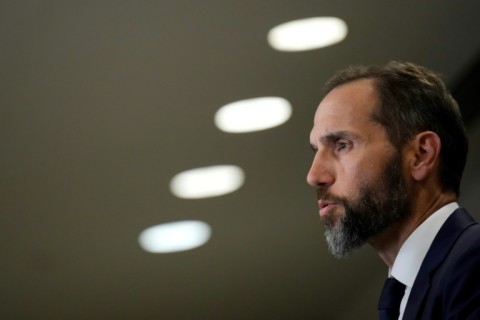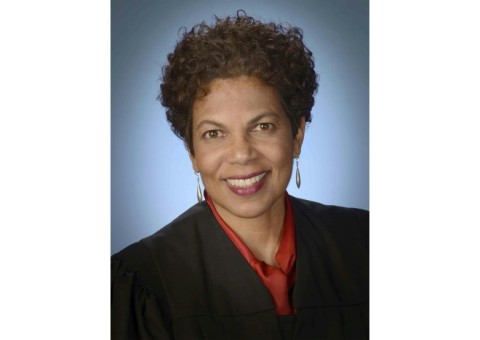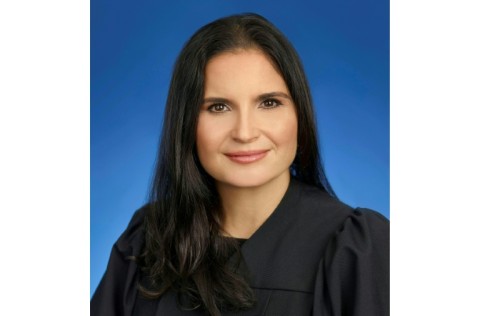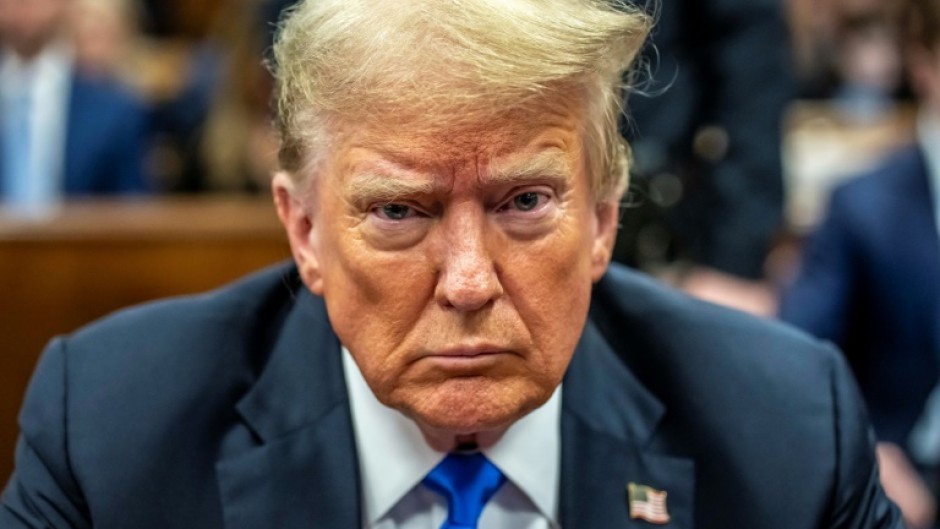WASHINGTON - Former US president Donald Trump's case on charges of conspiring to overturn the 2020 election is back on track, but whether a trial will be held before the November White House vote remains unlikely.
District Judge Tanya Chutkan regained jurisdiction over the historic case last week, after it was paused so the Supreme Court could rule on whether a former president is immune from criminal prosecution.
The conservative-dominated top court ruled 6-3 on July 1 that an ex-president has broad immunity from prosecution for official acts conducted while in office, but can be pursued for unofficial acts.
The case against Trump, the Republican presidential candidate, formally returned to Chutkan on Friday and she wasted no time in laying out a schedule for it to move forward, setting a calendar for the next proceedings.
A status hearing in USA vs Donald Trump is to be held at 10:00 am (1400 GMT) on August 16 at a downtown Washington courthouse.
Trump is not personally required to appear at the hearing, which is to be held three days ahead of the Democratic convention, where his November rival Vice President Kamala Harris is to receive the party's presidential nomination.

Chutkan asked Special Counsel Jack Smith, who brought the charges against Trump, and defense lawyers to file a schedule by Friday for pretrial proceedings.
Chutkan also rejected a motion filed by Trump's lawyers last year seeking to dismiss the case on the grounds of "selective and vindictive prosecution."
She said they could file the motion again once immunity issues have been resolved, but no "meaningful evidence" had been presented so far to back up defense claims that Trump was unlawfully singled out for prosecution to torpedo his renewed White House bid.
- Immunity issues -

Trump is accused of conspiracy to defraud the United States and conspiracy to obstruct an official proceeding -- the January 6, 2021 joint session of Congress that was attacked by a mob of Trump supporters.
Trump is also accused of seeking to disenfranchise American voters with his false claims he won the 2020 election.
He was originally scheduled to go on trial on March 4, but it was put on hold while his lawyers pushed his claim of presidential immunity all the way up to the Supreme Court.
Following the Supreme Court ruling, it will be up to Chutkan, an appointee of former Democratic president Barack Obama, to decide which of Trump's actions regarding the 2020 election were official acts and which were unofficial acts subject to potential prosecution.
That -- along with other pre-trial issues -- is expected to take months, making it extremely unlikely that the case will go to trial before the November 5 election between Trump and Harris.
Trump was convicted in New York in May of 34 counts of falsifying business records to cover up hush money payments made to porn star Stormy Daniels, who alleged she had a sexual encounter with the real estate tycoon.
Sentencing has been scheduled for September 18, but Trump's lawyers have asked for his conviction to be tossed, citing the Supreme Court immunity ruling.

Trump also faces charges in Georgia related to efforts to overturn the results of the 2020 election he lost to Democrat Joe Biden.
The first former US president convicted of a crime, Trump has been doing everything in his power to delay the trials until after the November election, when he could potentially have the charges dismissed if he wins.
Trump was also charged in Florida with mishandling top secret documents after leaving the White House -- but the judge presiding over the case, Aileen Cannon, a Trump appointee, dismissed the charges on the grounds that Smith, the special counsel, was unlawfully appointed.
Smith has appealed Cannon's ruling.
cl/st
By Chris Lefkow

